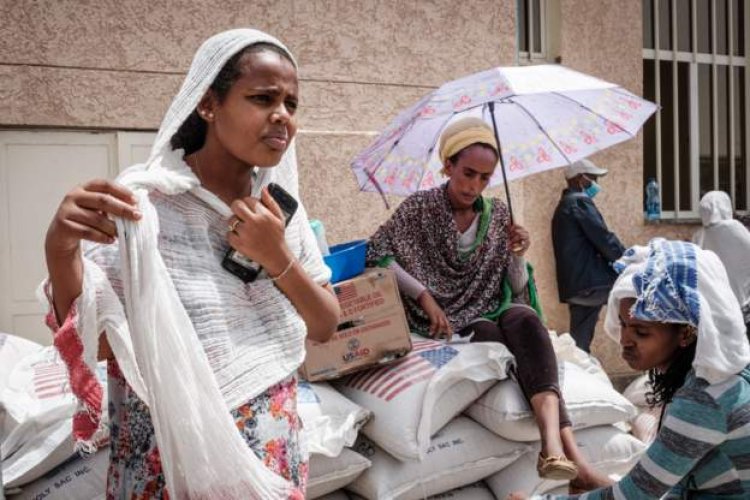Despite the agreement, assistance access to Tigray remains 'restricted.'
However, given the magnitude of the need in the region, what is delivered is "a drop in the ocean," according to Fatima Sator, the organization's Ethiopian spokesman.

The International Committee of the Red Cross (ICRC) reports that efforts to send critical medical help into Ethiopia's war-torn Tigray area are limited.
This is despite the government and rebel troops agreeing to a humanitarian cease-fire last week.
The International Committee of the Red Cross (ICRC) has been allowed to airlift medical supplies into Tigray since January this year, after months of restrictions, but it claims that none of its assistance trucks have arrived because of "security and access concerns."
Over the previous three months, thirty-eight flights bearing badly needed medical supplies have landed in Tigray.
However, given the magnitude of the need in the region, what is delivered is "a drop in the ocean," according to Fatima Sator, the organization's Ethiopian spokesman.
Doctors in Tigray were obliged to reuse gloves and medical equipment due to a lack of supplies, Ms. Sator told the BBC.
Aid organizations have long accused Addis Ababa of enforcing a de facto blockade, which it rejects.
When a cease-fire was proclaimed last week, there were hopes that it would lead to better access to Tigray, where millions of people require assistance.
However, the government and Tigrayan forces continue to trade allegations, and the transit of assistance on the route has remained mostly unchanged.
Allowing trucks into the region, according to the Red Cross, will considerably increase the organization's capacity.

 Boakyewaa Lawrencia
Boakyewaa Lawrencia 



































